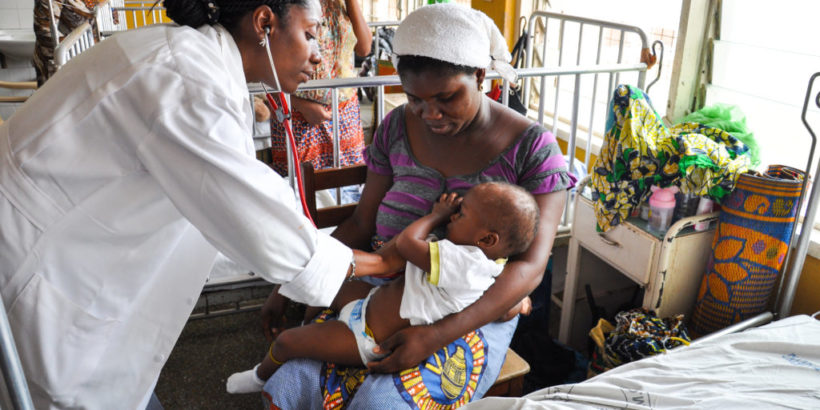“It takes a village.” This oft-repeated proverb is known well in the global public health sector: we know that to solve the world’s most challenging health problems, it is critical that we work together. During the past decade, the typhoid community has done just that and, in turn, has seen remarkable progress in typhoid prevention and control.
As we think about ongoing efforts to prevent and control typhoid, which recently received a push of momentum with a prequalified typhoid conjugate vaccine (TCV) and support from Gavi, the Vaccine Alliance for vaccine introduction, it’s important that we remember the role of local leaders and health care workers. These local partners and collaborators serve as the face of typhoid prevention and control within their communities, and are imperative to ensuring that the benefits of health interventions—including vaccines and water, sanitation, and hygiene—reach those who need them most.
Frontline health care workers—such as physicians, nurses, laboratory personnel, community health workers (CHWs), and social mobilizers—who face typhoid in their communities every day have an immediate impact on typhoid prevention and control. These frontline workers are Vaccine Heroes, not only for this year’s World Immunization Week, but throughout the year, as typhoid continues to burden communities around the world.
During #Typhoid2019, we celebrated a few of these heroes and their many contributions to the fight against typhoid, including:
- Dr. Ashita Waghmare, a physician who, through her clinical acumen and compassionate care, has ensured that her community in rural north-east India has access to high-quality typhoid care and preventive services—including vaccines—by transforming a closed down mission health care facility into a thriving 50-bed hospital with intensive care facilities and laboratory services.
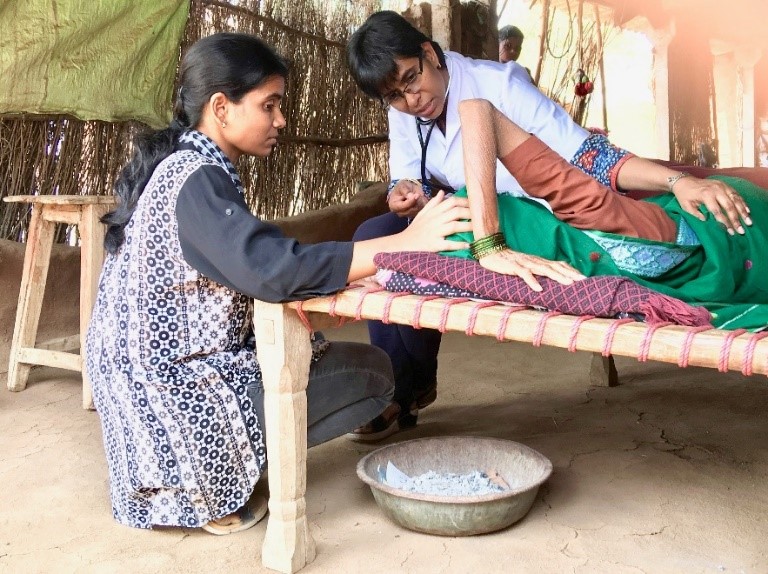
- Hafiz Rahman, who diligently works in Bangladesh’s Child Health Research Foundation laboratory to meticulously identify Salmonella in blood culture and track down drug resistant typhoid cases. This work is critical to informing policymakers’ decisions and strategies as they race to prevent further transmission of drug resistant typhoid in their communities through immunization.

- Sister Pricila Mkahanana, a community health worker who organized and supervised 11 teams during the recent TCV immunization campaign in Zimbabwe, in addition to routinely supporting the expanded program on immunization within the Mbare Poly Clinic. With the help of Sister Pricila and her teams, 318,439 children and adults across nine of Harare’s most densely populated suburbs are now protected against typhoid.
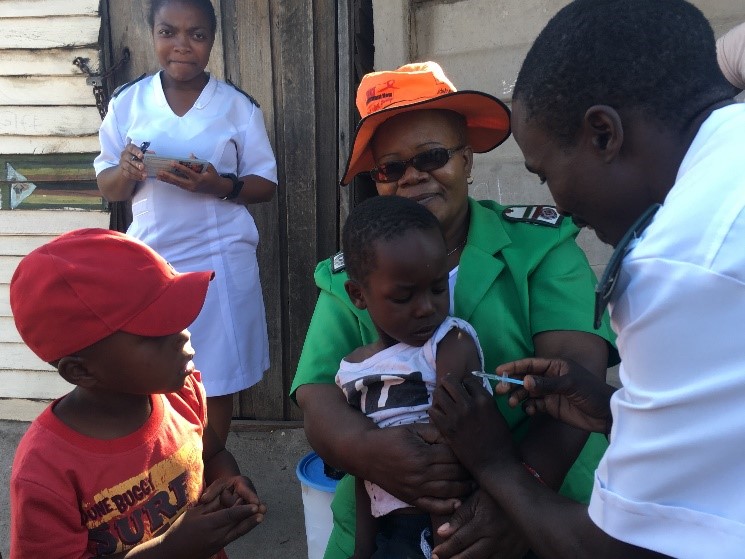
- Social mobilizers such as Saira Khawaja, who, through Pakistan’s Lady Health Workers Programme, walks door-to-door in Hyderabad—even on the days that temperatures rise to more than 45°C—to advocate for and encourage parents to vaccinate their children against typhoid. Thanks to Saira’s work, more children in Pakistan are now protected from typhoid despite the extensively drug-resistant outbreak.
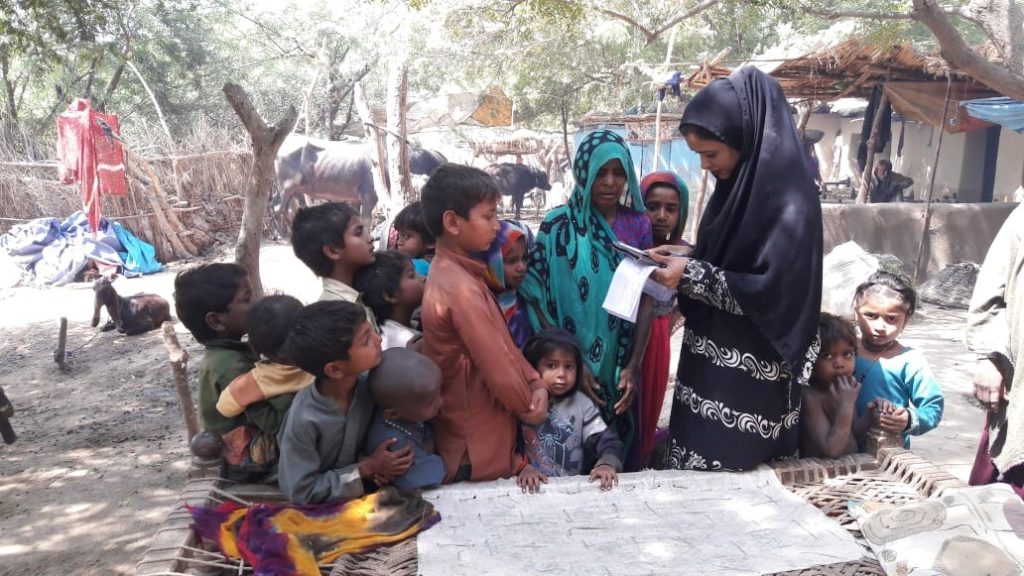
- And while no vaccines currently exist for invasive non-typhoidal Salmonella (iNTS) disease, the surveillance field work of Kenya Medical Research Institute’s Salmonella Project team, Dorit Karegi Gitari, Samuel Kariuki, and Meshak Ongari, is helping make the case for the future development of vaccines against iNTS disease. For five years (2013-2018), this team worked tirelessly to map and treat iNTS disease in Nairobi’s Mukuru settlement by conducting household surveys, tracing patients to their homes, and educating community members on how to prevent waterborne diseases. Because of their work, the global health community is now better prepared to take on iNTS disease.
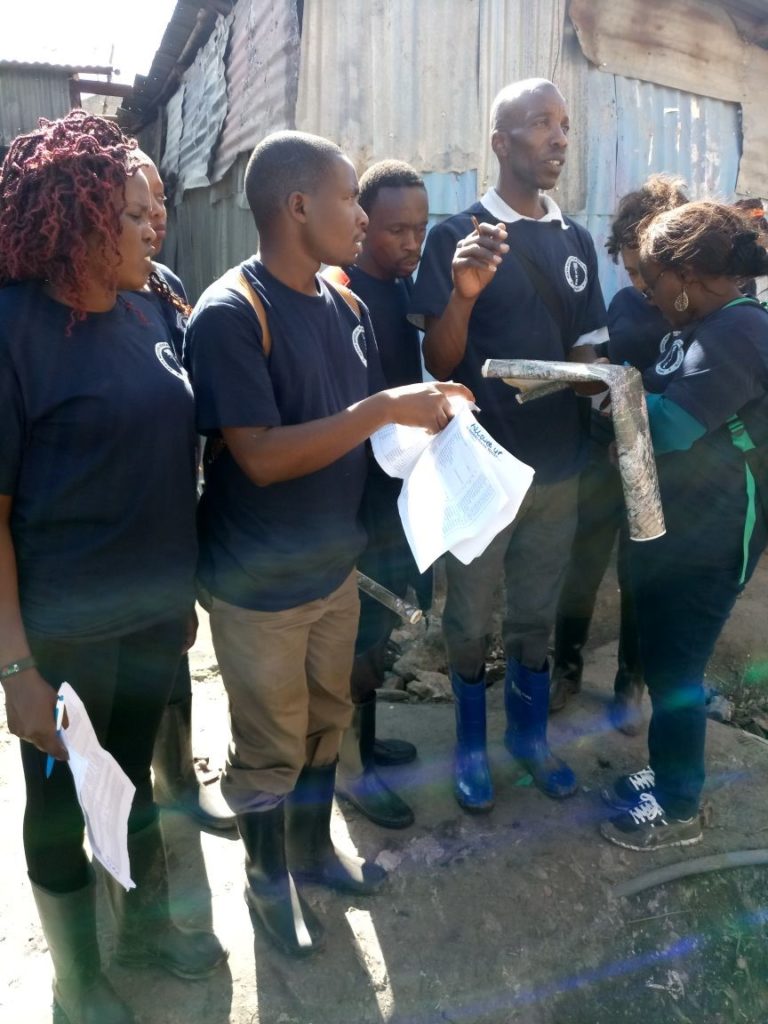
While we often don’t hear about or see these heroes on a daily basis, their consistent and trusted work is at the core of all typhoid control and prevention efforts. Their actions in their communities have the most direct impact on changing behaviors, encouraging vaccination, and ensuring the vaccine reach those who need it most. We had the honor of celebrating these vaccine heroes at the conference in March 2019; we celebrate them again this World Immunization Week; and we will continue to celebrate them in an upcoming blog series, Prevention in Action. We need these local vaccine heroes—and many, many others—to make vaccines work!

